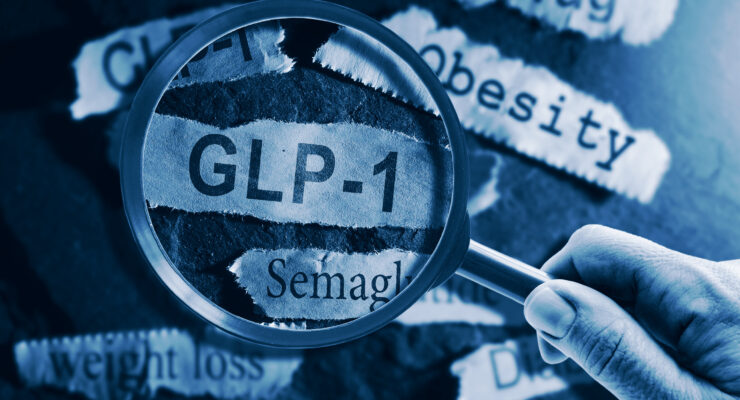One-Minute Ways to Beat Cravings—All Day Long
Article posted in: Diet & Nutrition
Temptation is everywhere—and always there. Fight it—and win—at some of the toughest times of day with these one-minute ways to beat cravings that can derail your progress.
7 a.m.: CHUG A BIG GLASS OF COLD WATER Start your day with a big, cold glass of water and you’ll burn more calories all day. In a German study, researchers found that downing 6 cups (48 ounces) of cold water increased resting calorie burn by up to 50 calories per day. And that’s not all—researchers at the University of Utah found that dehydrated adults burned up to 2 percent fewer calories. And if that’s not enough, in a study at Virginia Tech, subjects who drank two 8-ounce glasses of water before meals lost 36 percent more weight over 12 weeks than non-drinkers. So chug a big one before breakfast and start the day burning.
10 a.m.: FILL UP ON PROTEIN A morning dose of protein—like from peanut butter, eggs or Greek yogurt—can help prevent sugar cravings later in the day. In a study from the University of Missouri, MRI scans showed significantly reduced activity in the parts of the brain associated with cravings among those participants who ate protein in the morning. And dieters who eat these foods produce less of a hormone called ghrelin, which stimulates hunger.
Noon: DON’T EAT AT YOUR DESK Or at least don’t work while you’re having lunch. In multiple studies, “mindful eating,” in which dieters focus on being aware of the food they’re eating and the act of eating it, has helped people lose weight without focusing on calories. To try this, eliminate distractions while you have lunch—things like reading, e-mail, or television—and focus instead on the colors, flavors, and textures of your midday meal. In a three-month study from Ohio State, patients with type 2 diabetes significantly lowered their blood sugar through this technique.
2 p.m.: STEP AWAY FROM THE CANDY DISH When your body gets a sudden craving for chocolate during your mid-afternoon slump at the office, it’s not chocolate your body wants—it’s stuff like dopamine, a biochemical that your body associates with pleasure that’s released when you eat chocolate. But you can get dopamine releases in other ways—like through exercise. So instead of grabbing a tempting foil-wrapped bite from the reception area, take a quick walk instead. You’ll clear your head and get the biochemicals your body’s actually craving. And when you get back, move the dish farther from you. In a study involving a candy dish, scientists found that people ate 1.8 more pieces of candy per day when the bowl was placed on their desk as opposed to two meters away. So move it farther from you and stop mindless munching.
5 p.m.: WARM UP WITH A CUP OF TEA An hour before dinner, set the kettle. By drinking hot liquids—like tea—an hour before eating, you can eat less and feel fuller, faster. In a 2008 study at Penn State, people who had hot drinks before eating consumed 134 fewer calories during their meal. And you can add benefits if it’s a cinnamon flavor: In a study in the Journal of Agricultural and Food Chemistry, the spicy stick was shown to increase sugar metabolism by a factor of 20.
9 p.m.: USE YOUR NOSE TO SATE YOUR SWEET TOOTH As your eyelids start to droop, your body may look for a boost—of energy and pleasure hormones. For many people, this means a before-bed snack, and it’s usually something sweet. But a pleasant scent—like from a scented candle—can spark your senses and deliver the dopamine your body’s craving. And if you choose mint, it can help calm your craving: In a study from Wheeling Jesuit University in West Virginia, subjects who sniffed peppermint every 2 hours consumed 1,800 fewer calories during a 5-day period than when they didn’t smell the herb.
10:45 p.m.: GO TO SLEEP! Being asleep doesn’t just mean you won’t have time to eat—it also balances the hormones that makes you feel hungry and full. When you don’t get a full night, your appetite hormones get messy. The amount of ghrelin, which gives you an appetite, increases, while the amount of a feeling-full hormone called leptin goes down. And science backs up the ties between shut-eye and thin thighs: In a 16-year study of 68,000 middle-age women from Case Western Reserve University, subjects who slept fewer than 5 hours per night were 32 percent more likely to gain 33 pounds or more over the course of the study, compared with those who got 7 to 8 hours of rest. So get to bed! You’ll have more energy all day tomorrow.






